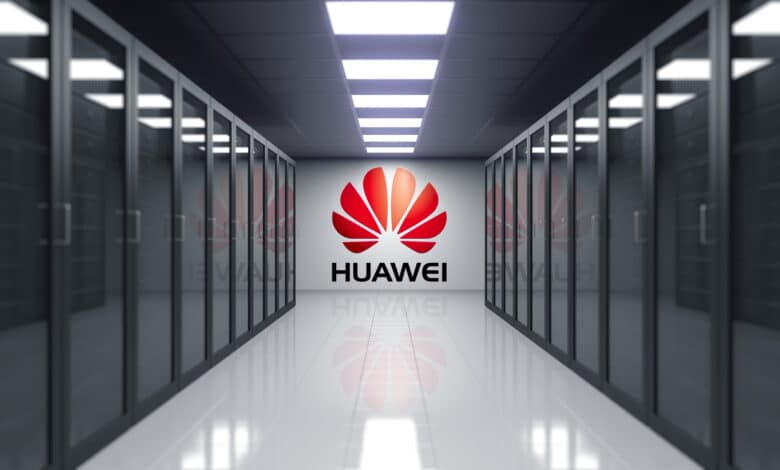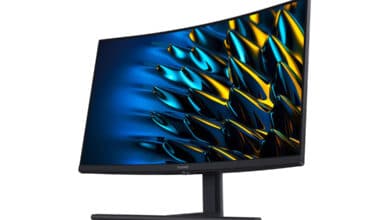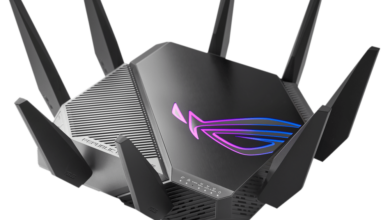
The US sanctions have hit Huawei hard. But the Chinese tech company is about to rise like Phoenix from the ashes. To this end, the electronics manufacturer, once thought dead, is currently completely rebuilding its supply chain. Will the plan work?
US sanctions broke Huawei’s leg
Making a virtue out of necessity seems to be on Huawei’s agenda right now. The company is currently desperately trying to find its way back to its old strength. And this was especially gigantic in the smartphone market. The manufacturer was considered the world’s most successful producer of Android smartphones until 2020 and even overtook the industry leader Samsung. But then came the far-reaching economic sanctions on the part of the USA. They saw the devices of the presumably partly state-owned technology company from China as a threat to national security. Therefore, further sales of Huawei devices in the United States were prevented. And not only that. On top of that, the sanctions also affected the company indirectly. After all, Western companies were prohibited from continuing to work with Huawei.
As a result, immensely important supply chains for Huawei collapsed seemingly overnight. In particular, essential semiconductors, which the manufacturer used to purchase from the renowned industry specialist TSMC in Taiwan, had to be sourced elsewhere from then on. But more serious than the hardware bans were the software bans. Finally, no Huawei-branded device was allowed to come with Google Services anymore. Consequently, the company not only had to set up its own operating system. On top of that, it had to develop a replacement for the Google Play Store with the App Gallery. The consequences were expected. The company not only lost its contractual partners. On top of that, it could no longer sell devices. The consequence was a downward slide in sales figures, which is why Huawei was actually already believed to be dead.
- Have you read this? Huawei technology: U.S. admonishes Germany
Huawei fights its way back to the top
Giving up does not seem to be an option for Huawei. However, the group has it a little easier than comparable companies. Although Huawei rock-solidly claims to be fully privately owned on its own homepage, experts have rumored for years that the company is state-run. Given the fact that it has nevertheless managed to stay on its feet despite the immense drop in sales, the skepticism is quite understandable. What is certain is that the US sanctions did not break the electronics manufacturer’s neck. Instead, the group quickly began to look for alternative links for the collapsed supply chains. As was announced in September of this year, the company is even bringing old factories back to life. That’s what happened in the Chinese port city of Quanzhou. Huawei has probably brought the factory, which has been idle since 2018, back online for its own hardware production.
- Also interesting: USA vs. China: Apple suffers from U.S. economic sanctions
This is what industry expert Nikkei claims to have found out during a site visit. But apparently Huawei is planning even more in the region. So right next door, Quliang Electronics, another potential supplier is currently building a new factory. Huawei also seems to want to purchase hardware here. However, having the right factories available for production is only one side of the coin. When it comes to manufacturing cutting-edge chip technology, it is also the production machines that are essential. Here, too, U.S. sanctions prohibit Huawei from receiving relevant technology. But sometimes these seem to come to nothing. As has become known, some companies have now been able to break away from the rules of the US sanctions and are once again supplying Chinese corporations. However, essential equipment such as exposure machines are still in short supply.
Autonomous production in China
One has to ask whether the U.S. sanctions were not at least a bit of a strategic mistake. After all, one can currently observe how the Chinese government is making immense efforts to set up a national chip production. This could possibly mean that China is forced to become more independent and is thus no longer so vulnerable, both economically and politically. According to experts, however, this is not yet foreseeable at present. After all, the semiconductor industry in the People’s Republic is probably years behind the competition. However, it is possible that the factories that have been brought to life will at least help Huawei to gain new strength.



